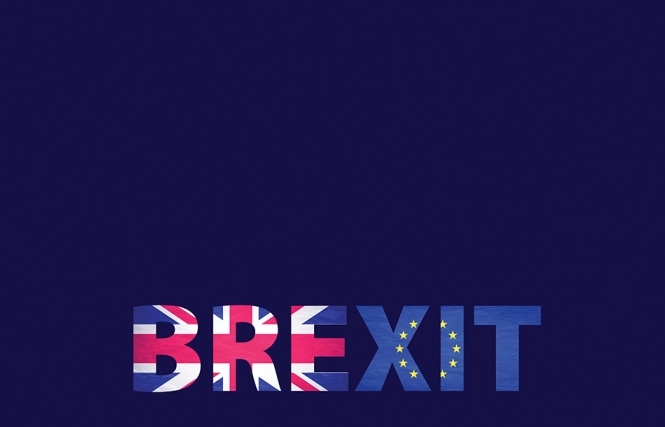The UK’s vote to leave the EU shocked currency and stock markets, and has led to an environment of economic and political uncertainty.
main scenario projections for UK real GDP growth to 1.6% and 0.6% in 2016 and 2017 respectively, down from 1.9% and 2.3%. Our projections assume that the Bank of England will loosen monetary policy over the summer alongside fiscal policy that is supportive of growth.
At present, the question on many people’s lips is what will the UK’s future relationship with Europe look like? The main exit options discussed are membership of the European Economic Area (EEA); some form of bilateral free trade agreement with the EU; or trading under World Trade Organization (WTO) terms. The implications for the UK and EU economies will largely depend on which, if indeed any, of these scenarios comes to fruition.
The UK’s vote to leave the EU has put London’s position as a leading international financial centre under the spotlight. Our financial services attractiveness indicator shows that London currently ranks top of the European list, but an important factor that contributes to its success is access to the Single Market via passporting for financial services. The loss of passporting could see London lose its title as the EU’s most attractive financial centre, falling into second place behind Dublin.
That being said, London’s position as an international financial centre is not by any means purely dependent on EU passporting. Other factors such as access to skills and a strong and stable legal system should see it remain as a leading global financial hub in the years ahead. But the potential loss of EU market access poses a challenge for many financial services firms. Business leaders based in London should focus their efforts on lobbying the UK Government and EU politicians to retain as much EU access as possible, including retaining EU passporting rights.
From a trade perspective, EEA membership would see the UK retain full access to the Single Market. A free trade agreement could involve more limited access to the Single Market, but would at least reduce many trading barriers such as tariffs on goods. A WTO-type scenario would see trade barriers imposed, which would impact the UK and, in particular, economies that do a lot of trade with the UK such as Ireland. Businesses need to put the case to governments to make early progress in putting such trade deals in place in a way that is mutually beneficial to businesses in both the UK and other EU countries. But, in the interim, they need to make contingency plans for a range of different outcomes.
Richard Boxshall
Senior Economist, PwC













